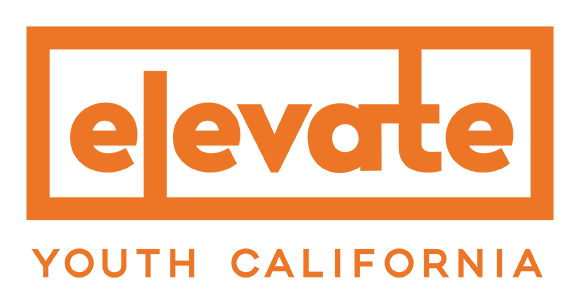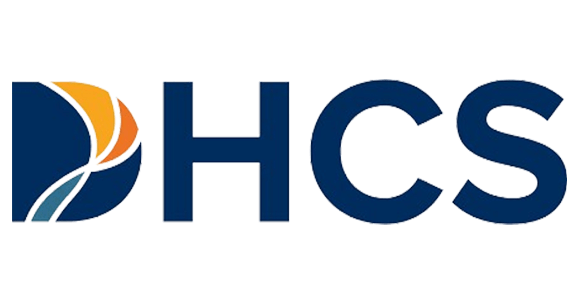Young People’s Foundation Peer Support Services Program
The Young People’s Foundation Peer Support Services Program provides youth and young adults with compassionate, strengths-based support from trained peer specialists who have lived experience. Individual one-to-one mentorship is the focus of this program. The program fosters trust, hope, and empowerment. Peer staff help participants navigate challenges, build coping skills, and connect with resources that promote recovery, personal growth, and wellness. By centering on shared experiences, the program creates a safe and supportive environment where young people feel understood, encouraged, and motivated to make positive changes.
Outpatient Substance Use Disorder Treatment Program
The Youth Outpatient Substance Use Disorder (SUD) Treatment Program provides structured, evidence-based support for adolescents struggling with substance use. Designed to allow youth to remain at home and in school, this program offers flexible scheduling and a range of services, including individual counseling, group therapy, family involvement, relapse prevention, and life skills development. Treatment plans are personalized to meet each youth’s needs, with a focus on early intervention, emotional regulation, peer support, and long-term recovery. The program is led by licensed or certified professionals experienced in adolescent behavioral health.
Services are provided to youth 12-18 and transitional age 18-26. The Young People’s Foundation is certified by the Department of Healthcare Services for the provision of outpatient and intensive outpatient services. Our services are comprehensive and holistic, and we welcome everyone, regardless of their financial status, health, insurance, job, or immigration status.
Youth Mentorship Program
The Youth Mentorship Program is a structured initiative designed to support the personal, academic, and professional growth of young people through positive, one-on-one relationships with trained adult mentors. This program pairs youth ages 12–21 with caring mentors who possess lived experience with recovery from substance use, mental illness, incarceration, homelessness, and the juvenile justice system. Through regular meetings, interactive workshops, and goal-setting activities, the program fosters confidence, resilience, and a strong sense of purpose. The Youth Mentorship Program emphasizes character development, educational achievement, career exploration, and community engagement, helping youth build the tools and relationships necessary for long-term success.
Youth referred to mentorship programs are assessed and assigned to a personal mentor for support, guidance and counseling during the difficult stages of transition into adulthood. The mentorship relationship will remain active if the youth consent.
Substance Use Prevention and Education
The foundations substance use prevention and education program aims at equipping young individuals with the knowledge, skills, and awareness to make informed and healthy choices regarding substance use. The program focuses on raising awareness about the risks associated with drug and alcohol use, providing accurate information about the consequences, and teaching refusal skills to resist peer pressure.
Our education and prevention efforts will empower young people to make responsible decisions and avoid the potentially harmful effects of substance abuse. Prevention and education not only protect the well-being of our youth but also contribute to building healthier, more resilient communities by reducing the societal burden of addiction and related issues.
Field Based Services
The foundations Field-based services for youth will appoint certified SUD counselors, peer specialist, and experienced mentors, at local schools, boys’ and girls’ clubs, short term residential treatment programs (STRTP) facilities and community centers to provide direct support and resources to young individuals in their own communities or environments., rather than in traditional institutional settings. These services are designed to address the unique needs and challenges that youth face and offer a more personalized and accessible approach to support.
Field-based services will include mentoring, SUD counseling, educational support, job training, recreational activities, and case Managment services to at-risk youth living in underserved communities. We will engage young people where they are, build trust and rapport, by offering services tailored to their specific circumstances.
The foundation filed based services program will reach youth who might otherwise fall through the cracks.







